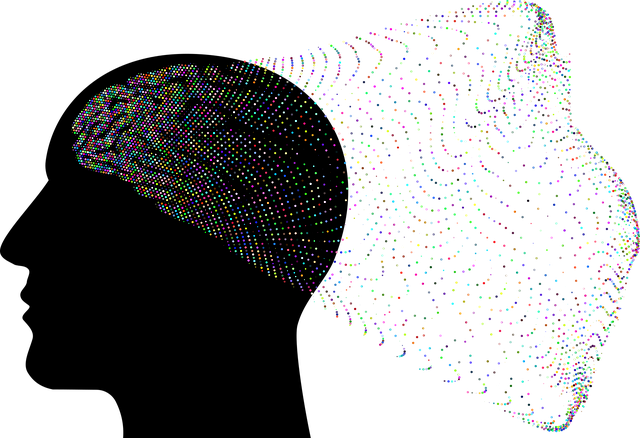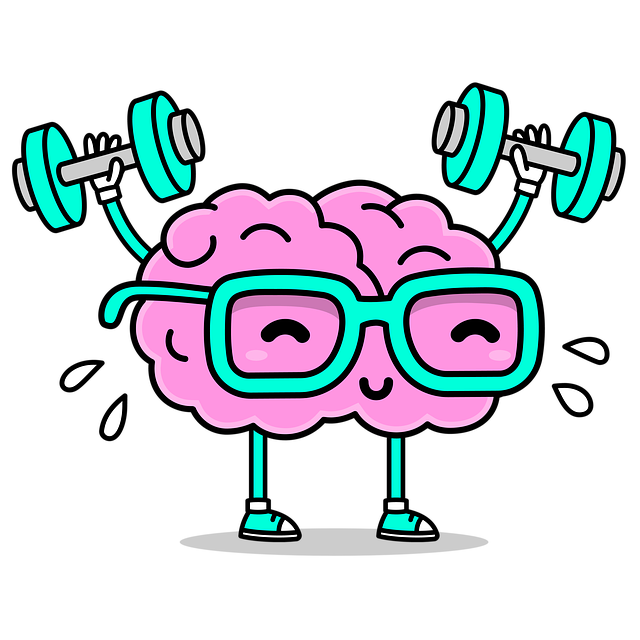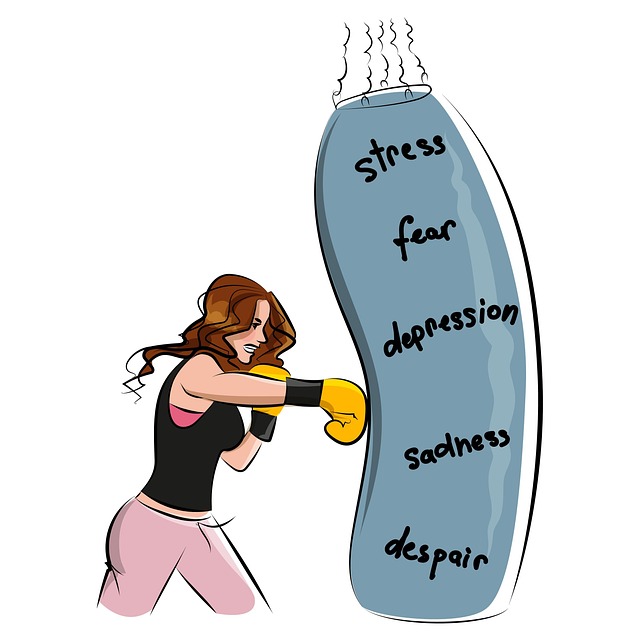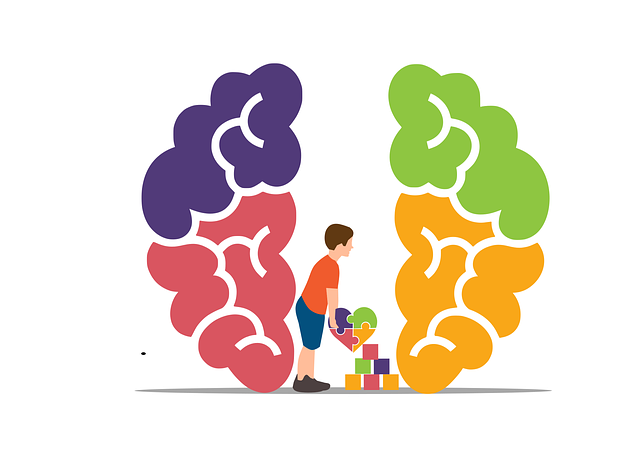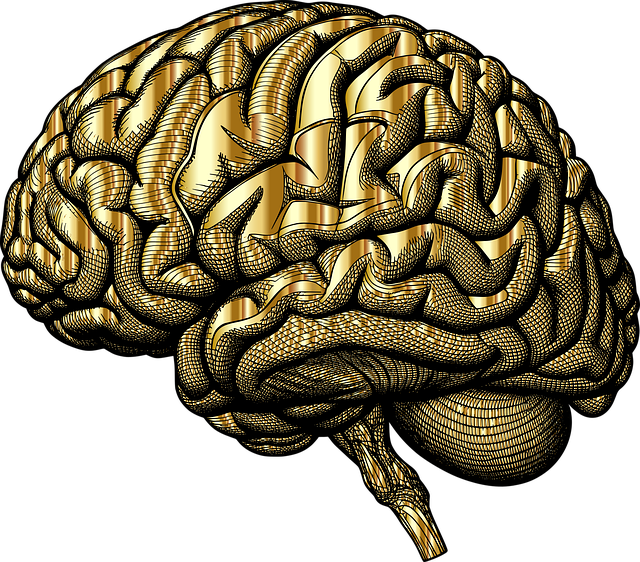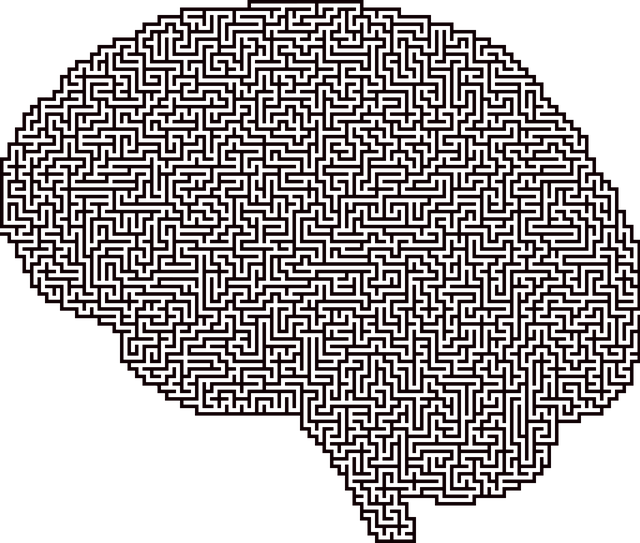Mental health professionals face significant challenges in communicating with patients, especially those with complex mental illness, hindering accurate diagnosis and treatment planning. Barriers like cultural differences, language issues, and biases impede effective interaction. To overcome these problems, a multifaceted approach is needed, focusing on compassion cultivation, community outreach, empathy-building strategies, and structured conversations during therapy sessions. This improves outcomes for patients experiencing Golden Couples Communication Issues in therapy by fostering trust, encouraging detailed sharing, and providing tailored treatments based on accurate assessments.
Mental illness diagnosis accuracy is a critical aspect of patient care, yet achieving precision remains an ongoing challenge. This article delves into various strategies aimed at enhancing diagnostic reliability, focusing on three key areas. We explore communication gaps and their impact on accurate diagnoses, highlighting the power of clear interaction. Additionally, we introduce the concept of ‘Golden Couples’ – multidisciplinary teams where therapists and psychiatrists collaborate, demonstrating success through joint efforts. Furthermore, advanced therapy techniques for detecting subtle signs and continuous learning through feedback loops are discussed, offering comprehensive insights into improving diagnosis accuracy in mental health care.
- Identifying and Addressing Communication Gaps
- – Exploring the role of clear communication in diagnosis accuracy
- – Common barriers to effective patient-therapist interaction
- – Strategies for improving information exchange
Identifying and Addressing Communication Gaps

Mental health professionals often face a significant challenge: identifying and addressing communication gaps between them and their patients. These gaps can be particularly pronounced when dealing with complex mental illness, where symptoms and experiences vary widely from person to person. Effective communication is crucial for accurate diagnosis; it allows therapists to understand the patient’s perspective, gather detailed information about symptoms, and build a collaborative treatment plan. However, barriers such as cultural differences, language barriers, or even implicit biases can impede this process.
Improving communication requires a multifaceted approach. Compassion cultivation practices have proven effective in enhancing empathy and understanding between therapist and client. Community outreach programs that foster open dialogue and raise awareness about mental health issues can also improve diagnosis accuracy by encouraging individuals to seek help earlier. Additionally, implementing empathy-building strategies during therapy sessions helps professionals connect with their patients on a deeper level, bridging the gap and leading to more precise assessments and tailored treatments.
– Exploring the role of clear communication in diagnosis accuracy

In the pursuit of enhancing mental illness diagnosis accuracy, clear communication emerges as a cornerstone. Effective interaction between healthcare professionals and individuals seeking help is pivotal in unravelling complex symptoms and personal experiences. When patients feel heard and understood, it fosters trust, enabling them to disclose crucial details that might otherwise remain hidden. This two-way dialogue, where professionals actively listen and articulate insights with precision, significantly contributes to accurate diagnoses.
The dynamic between therapist and client, often referred to as the “Golden Couple” in therapy circles, is not merely professional but can be therapeutic in itself. Addressing communication issues through structured conversations and mental wellness coaching programs can unlock valuable insights. Additionally, incorporating cultural sensitivity in mental healthcare practice ensures that diverse perspectives are considered, accounting for potential barriers or unique presentation styles. Trauma support services also play a critical role, as understanding a patient’s history can provide context, enhancing the accuracy of diagnoses and ultimately, the effectiveness of treatment plans.
– Common barriers to effective patient-therapist interaction

Building effective patient-therapist relationships is a cornerstone in mental health treatment, yet several barriers can impede this crucial interaction. Often, the dynamic between patient and therapist resembles what some call a “Golden Couple,” where miscommunication or unspoken assumptions can lead to challenges. These communication issues might stem from differences in perspective, cultural backgrounds, or even personal biases, making it difficult for both parties to truly connect.
In today’s fast-paced world, promoting self-care routine development for better mental health and encouraging confidence boosting through self-awareness exercises can empower individuals to communicate their needs more effectively during therapy sessions. By fostering open dialogue, therapists can gain deeper insights into their patients’ experiences, enabling them to provide tailored treatments that address specific concerns.
– Strategies for improving information exchange

Improving information exchange is a critical component of enhancing mental illness diagnosis accuracy. Golden couples—comprising patients and their therapists—can significantly benefit from enhanced communication strategies, such as active listening, clear articulation, and open-ended questions. These techniques not only facilitate deeper understanding but also help in identifying subtleties that might otherwise be overlooked. By fostering a safe and non-judgmental environment, therapists can encourage patients to share more detailed accounts of their experiences, including symptoms, triggers, and coping mechanisms. This robust information exchange is the bedrock upon which accurate diagnoses rest.
Conflict resolution techniques play a pivotal role in navigating mental health challenges. Compassion cultivation practices have been shown to improve communication by fostering empathy and understanding between therapist and patient. Similarly, crisis intervention guidance equips professionals with tools to handle acute situations effectively, ensuring that crucial information isn’t missed or misinterpreted. Through these strategies, mental health practitioners can better support their patients, leading to more precise diagnoses and ultimately, more effective treatment plans.
Mental illness diagnosis accuracy is significantly influenced by effective communication between patients and therapists. By identifying and addressing common communication gaps, such as unclear language or understanding, mental health professionals can enhance information exchange. Implementing strategies to improve patient-therapist interactions, like active listening and structured assessment tools, creates a more reliable diagnostic process. Fostering open dialogue and overcoming these golden couples of communication issues in therapy is crucial for ensuring accurate diagnoses and effective treatment plans.


